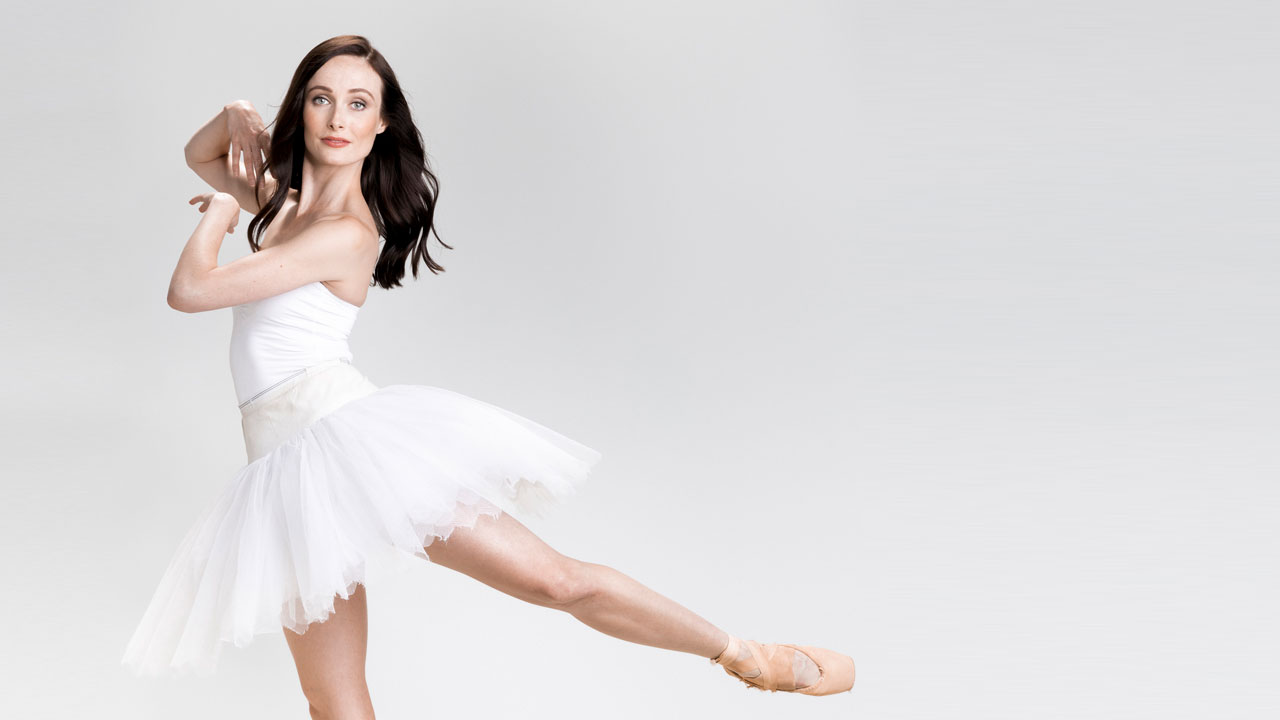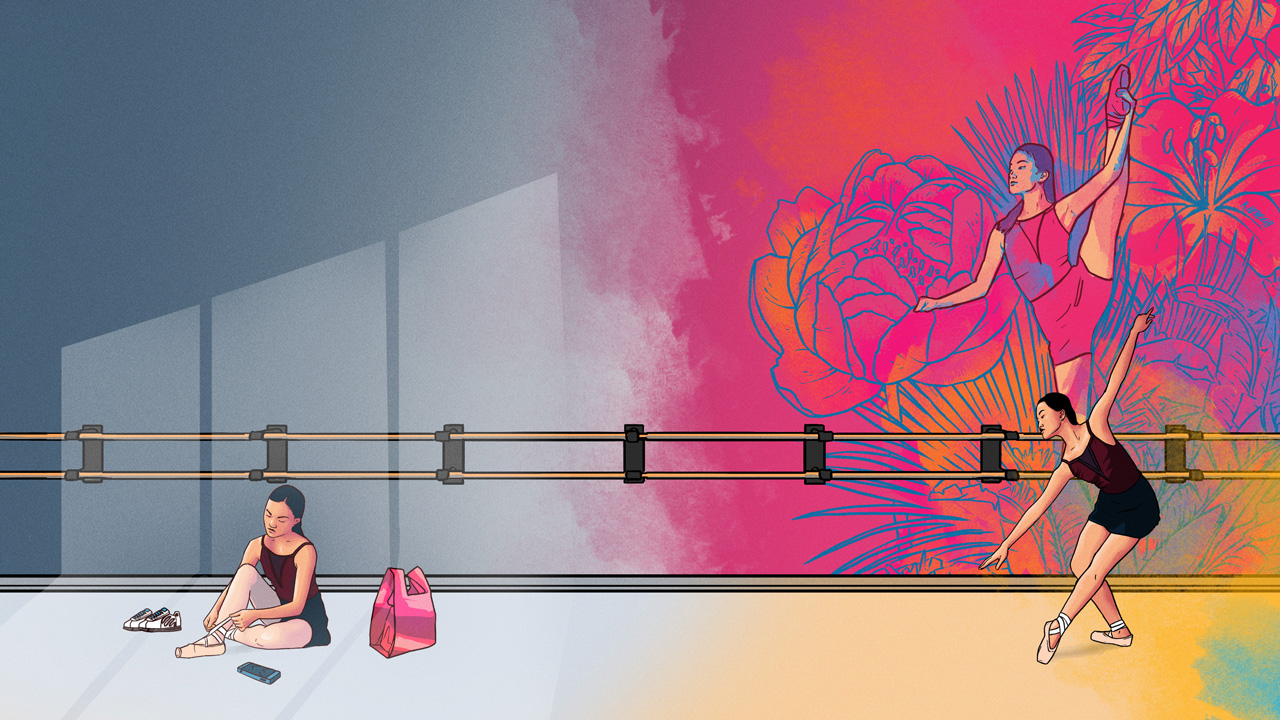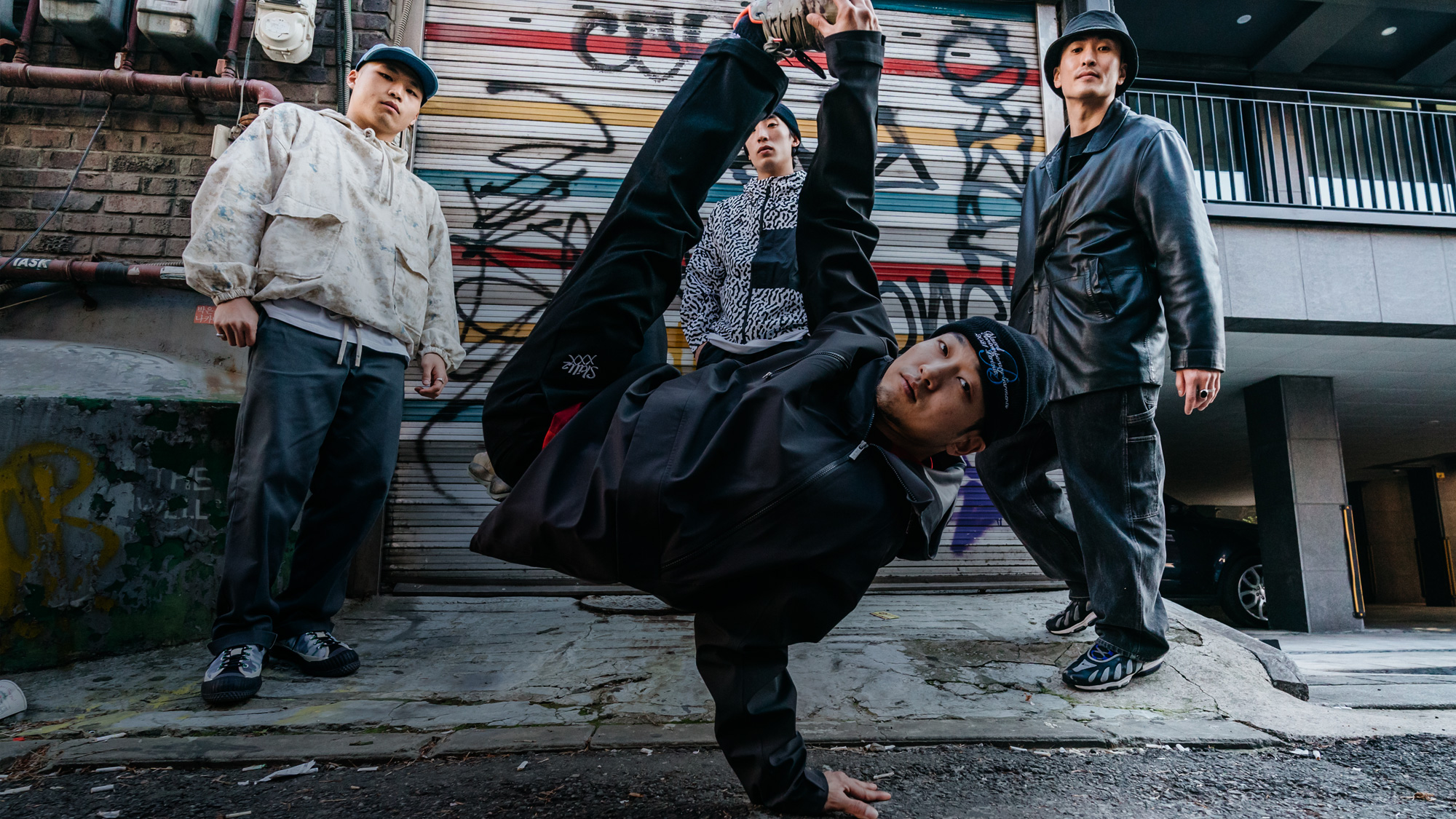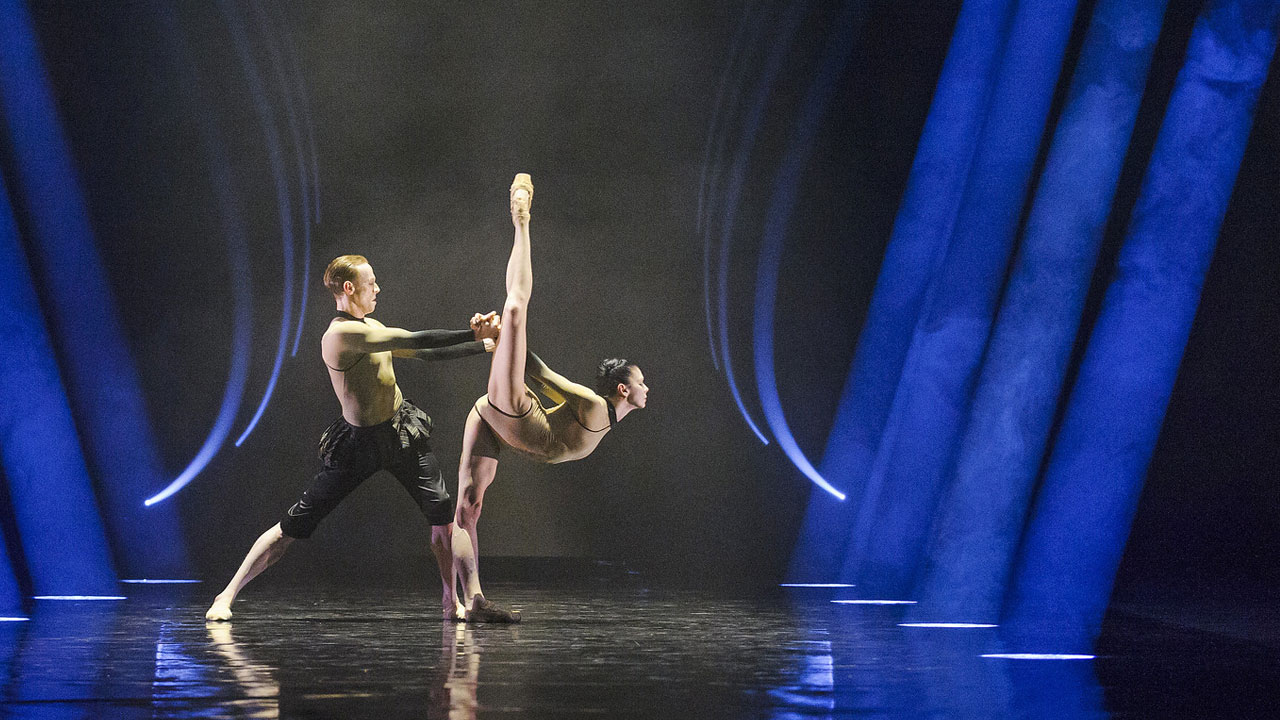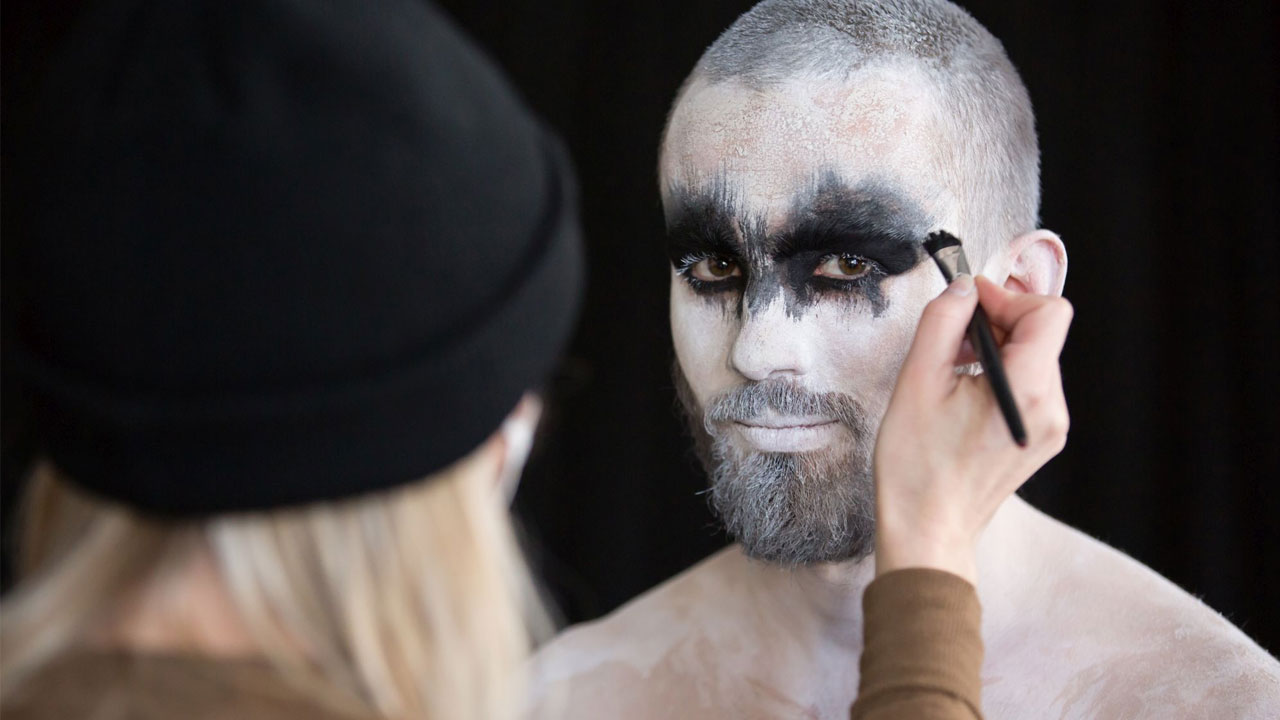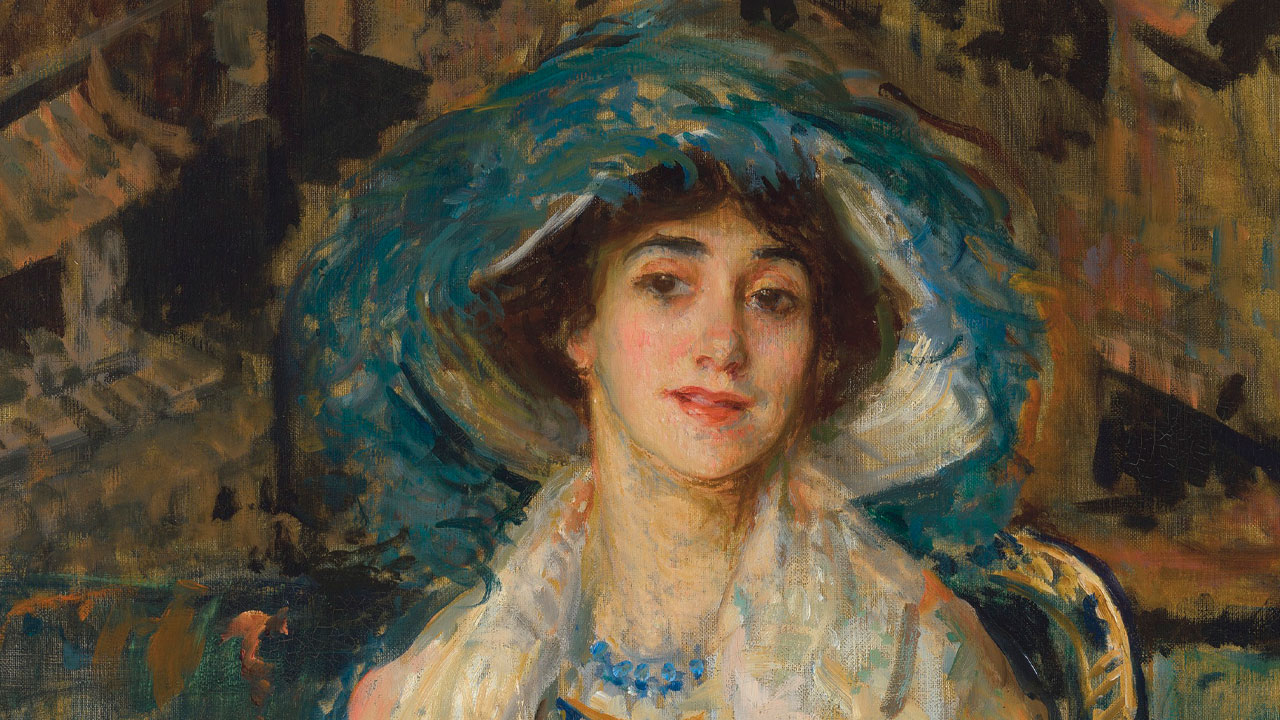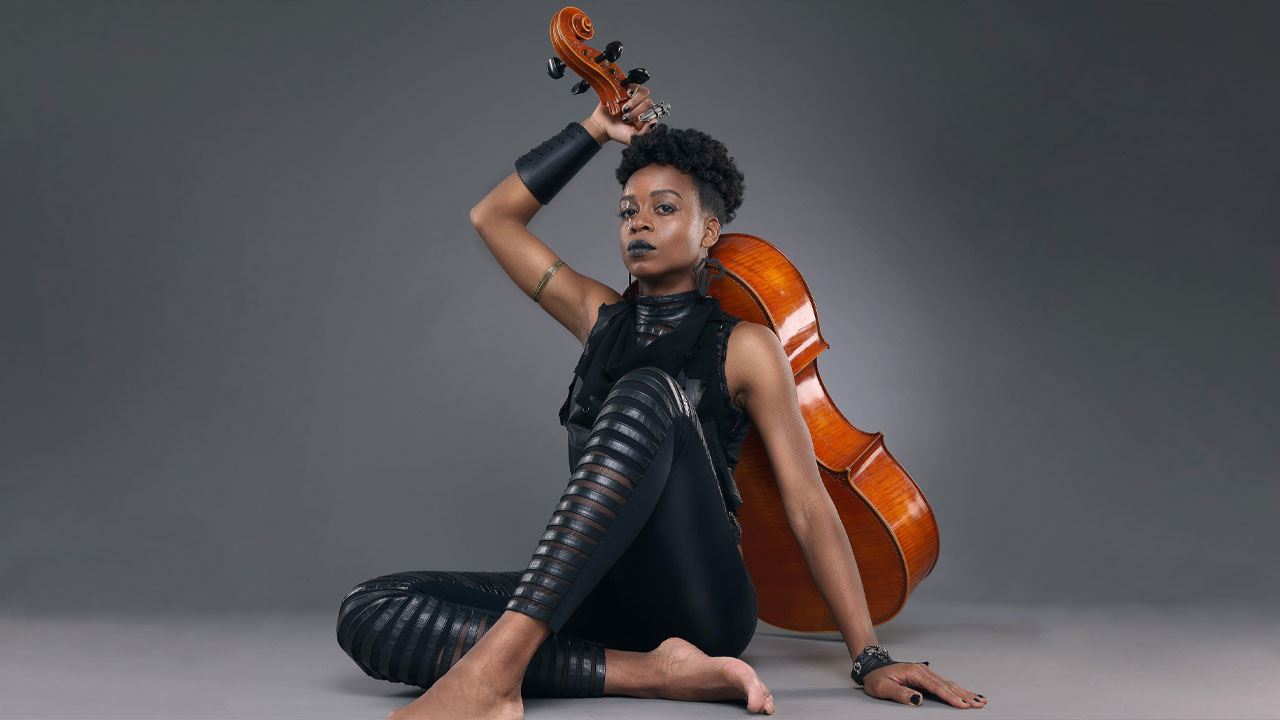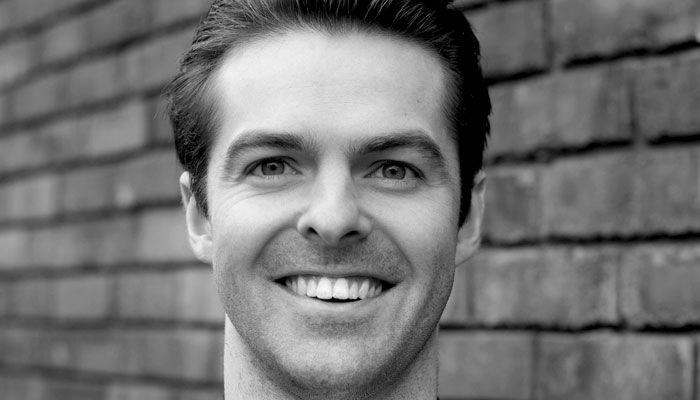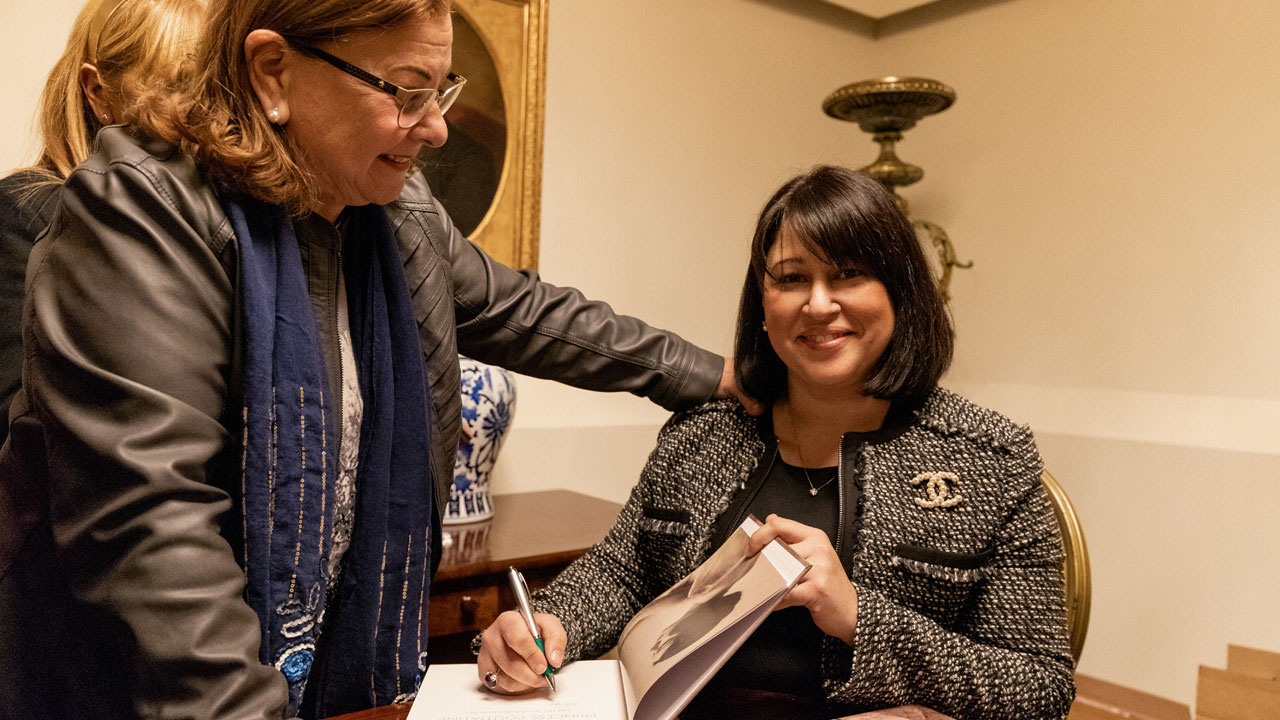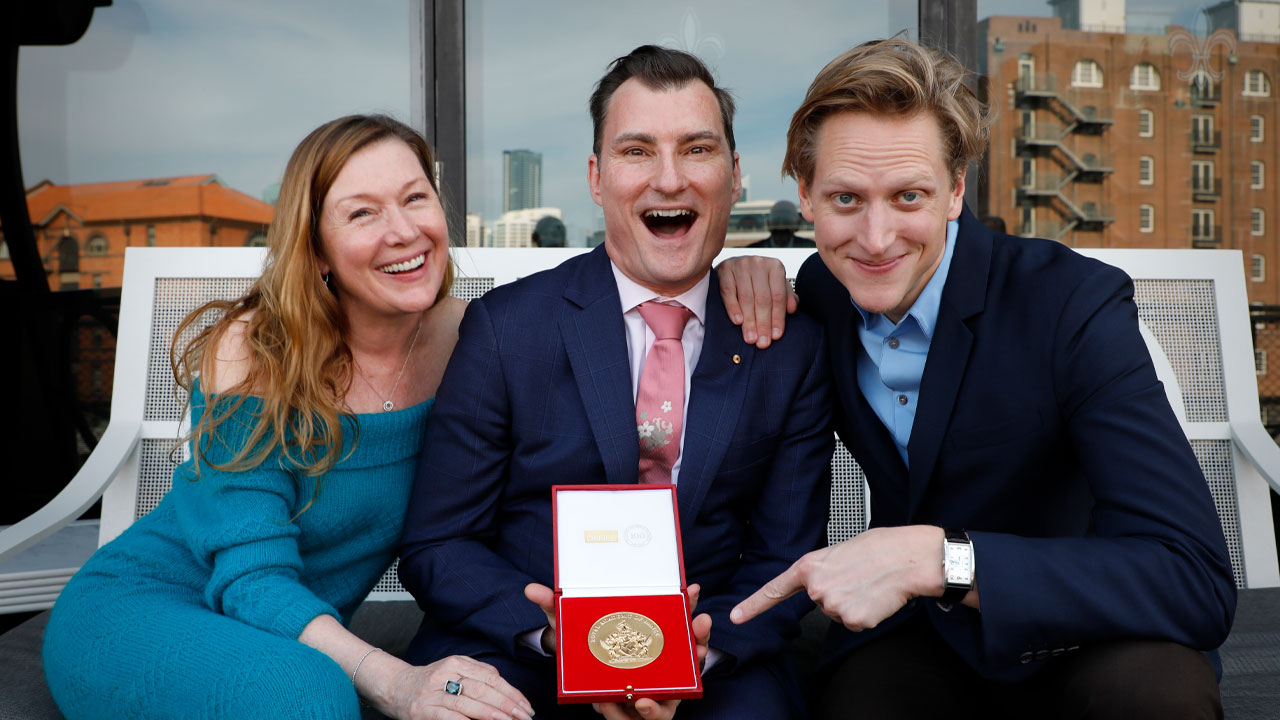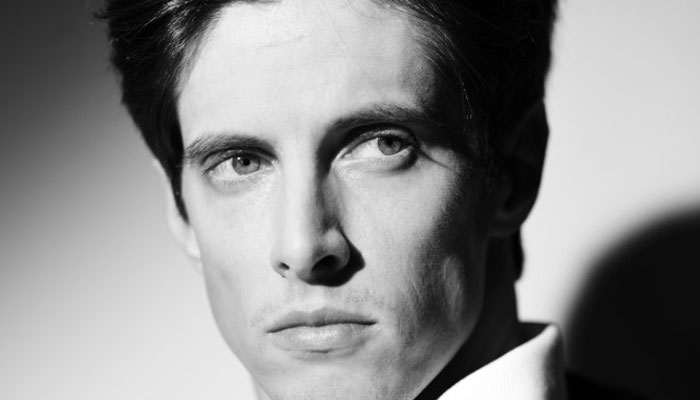Amber Scott may be one of Australia’s most acclaimed dancers, with a long and storied career as a principal dancer with the Australian Ballet (AB), but one of her most cherished memories stems from the RAD’s Genée International Ballet Competition. She was only 15 years old, a student with the Australian Ballet School (ABS), and the excitement at being named a Genée finalist was enhanced by the fact that the finals were being held in London.
‘It was my first trip overseas, so I got my first passport!’ Scott tells me today. ‘Going to London was amazing. Most of the competition was held in Battersea but the final was in the city and the taxi drove past Buckingham Palace, it was so special. It really hit home we were in London.’ It was 1998 and the bronze medal she received almost paled into insignificance alongside the excitement of that trip.
Fast forward to 2021 and Scott was hoping to return to London in person as a member of the coaching team for this year’s Margot Fonteyn International Ballet Competition, as the Genée is now known, but is nevertheless happy at being able to bring the past 22 years’ experience to the role.
The Brisbane-born ballerina was five years old when she began ballet classes. Her family relocated to Melbourne after Scott was accepted into the ABS aged 11, clearly showing promise as just nine years later she received a coveted position with the main company. Since that first trip to London, Scott’s career has taken her all over the world, from New York to Paris, London and Shanghai, including four months in Copenhagen with the Royal Danish Ballet on dancer exchange. She was promoted to principal artist in 2011, a dancer renowned for her artistry, grace, intelligence and ability to bring alive some of the classical canon’s most beloved roles, Swan Lake’s Odette/Odile, Onegin’s Tatiana and Giselle among them. Most recently she and husband and fellow AB principal artist Ty King-Wall added ‘parent’ to their respective roles, welcoming baby Bonnie into their family.
In person Scott is and has always been overwhelmingly humble and gracious. Little wonder new artistic director David Hallberg speaks so highly of her. ‘Amber is a beautiful ballerina but [also] sees herself as having a responsibility to nurture younger talent,’ says Hallberg, who took over as the AB’s eighth artistic director following the retirement of David McAllister last year after 20 years at the helm. ‘Amber’s humanness and empathy and warmth bodes well to inspiring and leading and mentoring younger talent,’ Hallberg says of her role as a Fonteyn coach.


When it comes to Hallberg’s respect for Scott’s abilities as a dancer you need look no further than the fact that the then-American Ballet Theater and Bolshoi Ballet principal artist requested Scott partner him when he staged his astonishing comeback from a career-threatening ankle injury in 2016, dancing Coppélia together in Sydney. He had been off-stage for two and a half years.
Now celebrating her 21st year as a professional dancer, Scott reflects on some significant changes in the world of classical ballet, most of them welcome and not before time.
‘We all questioned everything last year – ballet’s place in the world environmentally, politically and in terms of the gender balance’
‘We all questioned everything last year – ballet’s place in the world environmentally, politically and in terms of the gender balance. Ballet is such a beautiful artform and has its traditions, but it will be interesting to see how it’s updated,’ she says. In the past 12 months she has had the opportunity to watch both Queensland Ballet and West Australian Ballet and is pleased to see the continually evolving face of those companies, and the AB, to better reflect the culturally diverse world we live in.
When it comes to teaching and coaching Scott is relieved to see the back of some unacceptable practices. ‘I definitely encountered some methods I certainly wouldn’t be using myself these days. I was fortunate I got through relatively unscathed but teaching and learning and how we look after young people has really evolved and that’s great,’ she says. ‘The way we used to teach or be taught, you hear stories from our ballet teachers about things that are just not acceptable these days. I think there’s a lot more thought about interactions with students, it’s really important that we have the highest level of care for our young dancers.’
Scott is quick to point out how instrumental many of her teachers and coaches were in helping her become the well-rounded dancer she is today, many of them encountered through the dance competitions she was encouraged to enter. While she typically found her exposure to these guest coaches helpful, she admits to finding the competitions themselves mentally challenging.

‘I didn’t really love the feeling of competing, I found it overwhelming to be somewhere new and have to just come out and do a solo,’ she says. ‘It was exciting and you’d want to watch everyone else, but I also felt I had to concentrate really hard to do what I needed to do. I did the Genée and Asian Pacific Competition [which she won] in the Australian Ballet School and was really well prepared for both and learnt a lot but I definitely preferred the feeling of performing with a company. You get a high from performing but I like it when it’s within a context and not about a prize.’
Despite this she recognises how important competitions are in the development of a young dancer, for a multitude of reasons. ‘The overall experience was what was important. Maybe being taken out of my comfort zone was what I needed, because even now what we do gives you a lot of nerves and adrenaline and you need to know how to cope with that. So competitions do give you a lot of skills for later life.’
‘When I joined the company there was no social media. We sat and knitted’
It was during a competition that Scott received an invaluable piece of advice that has stayed with her to this day. ‘One of my old teachers said you just had to find space, because it’s always very busy backstage and in the dressing room, so sometimes it’s hard to get that moment to calm yourself. Back then we had tape decks, so I’d put some music on and go over the steps. I still do that now to calm myself [before going on stage], zoning in and calming the mind.’
For his part, Hallberg believes competitions are important because of the exposure they give young dancers. ‘Competitions around the world are an opportunity for a young dancer to be seen by directors and directors of schools,’ he says. ‘There’s something to be said of course for who wins and the recognition that brings, but more importantly it’s about getting that exposure.’
Hallberg should know. In 2010 he was awarded the prestigious Benois de la Danse Prize for best male dancer, an award he found both surprising and deeply satisfying. ‘I honestly thought I’d never win because I’m American and it tends to be a very European/Russian-centric prize. But winning gives you a sense of being recognised for your hard work and talent.’
And now it’s time for Scott to take her place as an influential coach in an influential international competition. Scott has always enjoyed guest teaching, occasionally coaching during summer schools or volunteering at the National Theatre Ballet School in Melbourne where she is a director. She is also hoping to complete her graduate diploma of elite dance instruction through the ABS by the end of this year. Her initial connection with The Fonteyn was in 2020, when she was part of an online Q&A between current and previous finalists and winners. From there she was invited to be among the elite group of international coaches working with this year’s crop of finalists, Lynn Wallis, Wayne McGregor, Leanne Benjamin and Miguel Altunaga among them.

Scott says the logistics have at times been challenging – juggling multiple time zones, working from makeshift ‘home studios’, typically the kitchen or living room (in Scott’s case the garage) and of course the restrictions of not being physically present in an artform that is the very definition of physicality – but the rewards are manifold.
‘I’ve really enjoyed it, I’ve loved teaching and coaching,’ she says of the half-hour Zoom sessions. ‘I felt I had a nice rapport with the students I worked with, they were receptive to new ideas.’ Given the brevity of the sessions Scott was mindful not to overload the students with too many corrections, instead focusing on giving them positive feedback to leave them confident and capable of striving for something new. ‘It can be difficult when you’re not familiar with a student and you’re just watching them online,’ she says. ‘You want to create a positive learning environment because a computer screen is always challenging.’
Hallberg adds that as a teacher, creating a positive learning environment requires a nuanced balancing act between nurturing and pushing, knowing where the line is and when not to cross it. ‘If you push too hard they crumble but if you’re too soft they don’t improve,’ he says. ‘That’s something even I am finding as a new artistic director.’
Scott would have liked to have taken on more Fonteyn finalists but, with Australia in the incredibly fortunate position of being relatively Covid-free, some performing artists have been back on stage since the second half of last year, while the Australian Ballet resumed performances in February. ‘I was very happy to be doing that but guilty not to have more time because I was performing,’ she says.

To this day Scott is grateful for the ‘many amazing coaches’ who have guided her along the way, from a shy corps de ballet member to today’s veteran dancer who nevertheless still strives for improvement. ‘They’ve taught me for 21 years now, it’s like a family, we’ve been through really good times and challenging times like last year,’ she says. ‘I have a lot of fun in the studios with the coaches, they see us trying really hard but sometimes it all goes horribly wrong and is really funny. But they want to see us growing as artists and I really appreciate when they watch you closely enough to offer something new, help you grow into each stage of your career, because you need different things at different stages.’
As she takes on more of a coaching role herself Scott is hopeful she can impart to her students some of the knowledge and experience and joy she has had in over two decades of dancing professionally in this rapidly shifting world.
‘The world has changed compared to when I joined the company at 20. There was no Google, there was no social media, you couldn’t YouTube a ballet up the back of the rehearsal, we sat and knitted!’ she laughs. ‘There’s so much more now young people have to contend with and we’ve got to do our best to nourish them in the right way.’
WATCH Amber Scott at Australian Ballet
Jane Albert, an author and journalist specialising in the arts, writes for the Weekend Australian, Australian Financial Review and others.

